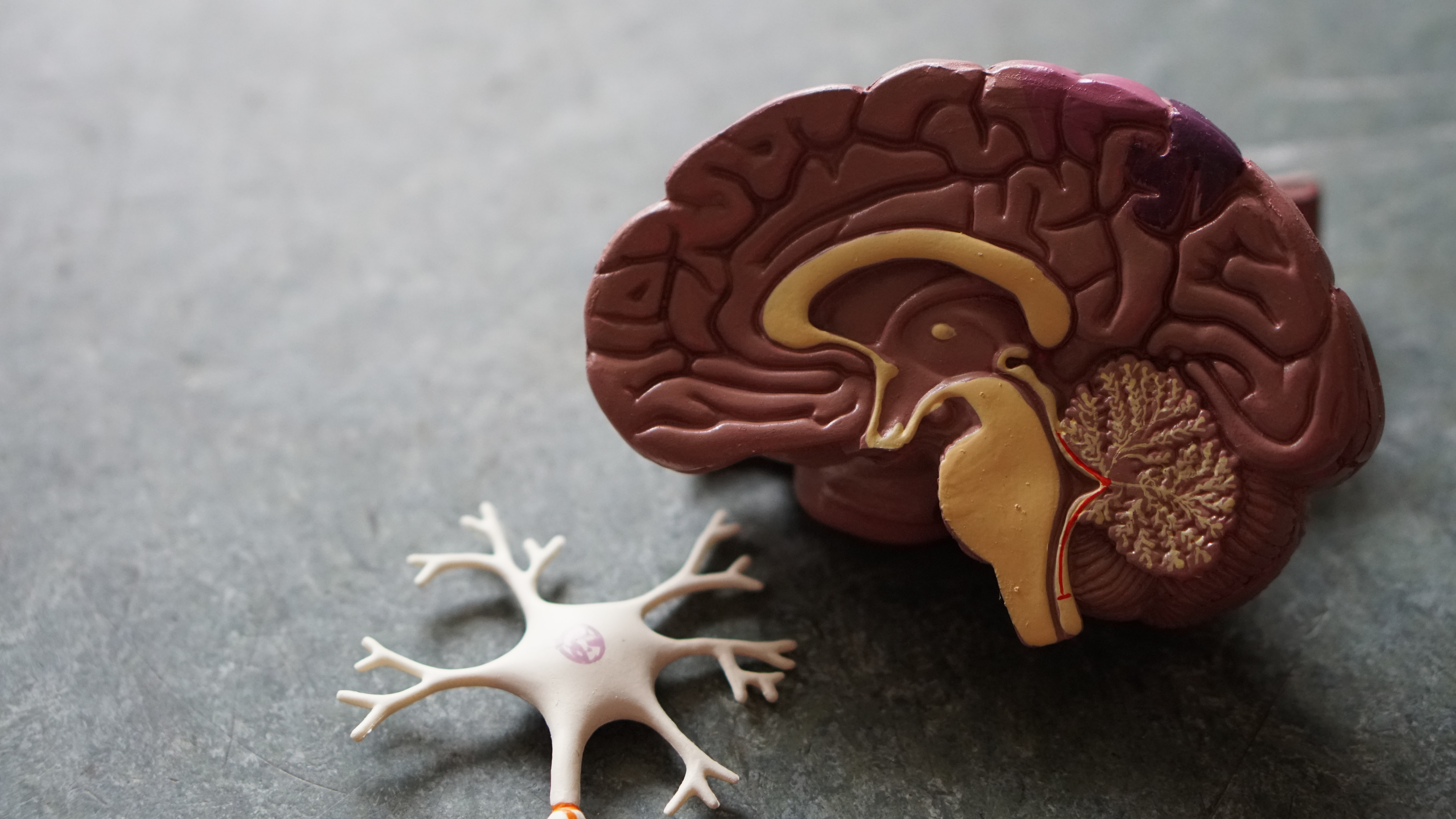The prevalence of Attention Deficit Hyperactivity Disorder (ADHD) has been a subject of debate for many years.
In 2016, a study to investigate the global prevalence of ADHD in adults was conducted and the results were striking: around 2.8% of adults worldwide had been diagnosed with ADHD, but the actual numbers are believed to be much greater than this due to a shortage of awareness and diagnoses.
ADHD is a complex disorder that is characterized by difficulty concentrating or paying attention, hyperactivity, impulsivity and other behavioral issues. It can have a significant impact on individuals’ lives, affecting their ability to function at school or work and causing increased levels of stress and anxiety.
In this article we explain what neuro-developmental disorders are with a specific section dedicated to ADHD, explore the difficulties that individuals affected by it face on a daily basis and, finally, we’ll provide a list with some tools that will be useful to people dealing with such a condition.
Let’s begin.
Neuro-developmental Disorders
Neurodevelopmental disorders (NDDs) are multifaceted conditions resulting from abnormal brain development. They can cause difficulties in cognition, communication, memory, behavior and/or motor skills.
Intellectual disability, communication disorders, autism spectrum disorder (ASD), attention deficit/hyperactivity disorder (ADHD) fall under the umbrella of NDD.
The array of neuro-developmental disorders changes drastically in their accompanying manifestations and severity, with different although direct impacts on the mental and emotional health, physical maturity, financial status and lives of individuals as well as those closely linked with them, ultimately influencing society at large.

Common Misconceptions
The prevalence of inaccurate beliefs, incorrect ideas and partial facts make it difficult for individuals with neuro-developmental conditions to get the help they need. Let’s cast aside the myths and set the record straight!
Let’s take autism as an example to start: a prevalent misconception circulating about autism is that it’s a disease. Many believe that autism can be cured through pharmacological treatment and therefore regard autistic individuals as “sick”. All of these suppositions, however, are untrue. Autism is a complex disorder associated with impairments in communication and difficulty with interpersonal relationships. Autistic people can still live absolutely independent, fulfilling, healthy and productive lives, especially with the assistance of associate understanding health professionals and services.
Another example is given by people who believe that ADHD isn’t a real medical condition, that it can be outgrown (research indicates that between 50-80% of child ADHD sufferers continue to experience symptoms during adolescence, and of these a proportion from 35-65% retain them through adulthood) and, most importantly, many believe that people with ADHD just need to try harder. Having ADHD can’t be attributed to laziness or a lack of motivation: asking people with ADHD to “just concentrate” wouldn’t be different from asking someone who’s nearsighted to just see farther. Differences in brain functioning and structure are the cause of their struggle with attention and have nothing to do with their general attitude.
While research concerning the diffusion of misconceptions relating to typically developing brains has been significant, far fewer studies have tried to determine how prevalent these myths are regarding neuro-developmental disorders, which could possibly result in an exacerbation of stigma.
Examples of Neuro-developmental Disorders
Some of the most common neuro-developmental disorders include:
- Attention-deficit/hyperactivity disorder, characterized by symptoms of inattention and/or hyperactivity, impulsivity, occurring in more than one setting and more often and severely than is typical for other individuals in the same stage of development
- Autism spectrum disorder, individuals manifesting problems in interacting with others, exhibiting repetitive behaviors as well as having restricted interests, can characterize this condition.
- Developmental language disorder, usually identified when language development difficulties in a child last until school age and beyond.
- Asperger syndrome, characterized by social and communication difficulties and repetitive behaviors.
- Specific learning disorders such as dyslexia or discalculia.
Effects
People with neuro-developmental disorders can struggle with their language and speech, motor coordination, behavior, memory, education or other neurological functions.
Symptoms and signs are known to mutate over time as the person matures—though some can be permanent.
Treatment
No definitive treatments currently exist for neuro-developmental disorders; nevertheless, targeted therapeutic interventions can be employed to potentially control certain signs and symptoms, depending upon the condition.
ADHD
Now that you have acquired a better cognition of what neuro-developmental disorders are and their effects on individuals, we can delve into the main topic of our article: ADHD.

What is ADHD?
Attention-deficit/hyperactivity disorder (ADHD) is a neuro-developmental disorder that affects both children and adults. Individuals with this condition often have difficulty sustaining attention, controlling impulsive behaviors and regulating their emotions. This can lead to problems with school, work, and relationships.
Challenges Faced
Adults with ADHD often have trouble coping with stress and frustration, they experience frequent mood swings and find it hard to focus on a task, plan or manage their time efficiently.
They get easily distracted (background noises such as someone speaking outside their office at work or the noise of the radio or TV at home can be quite bothersome) and find it hard to build interpersonal relationships. Moreover, they become bored quickly, which can make it challenging to find their career path.
It’s clear that more needs to be done in terms of research into the condition as well as increasing public awareness about its symptoms and effects on people’s lives. As such, it’s important that we continue working towards better understanding so that those affected by this condition can receive the treatment they need in order to lead happier and healthier lives.
Signs
Difficulty concentrating and hyperactivity/impulsiveness are the most common symptoms of ADHD.
However, around 2 to 3 in 10 people with the condition have problems with concentrating and focusing, but not with hyperactivity or impulsiveness.
This kind of ADHD may also be referred to as attention deficit disorder (ADD). Signs of ADD can sometimes be difficult to detect since they are typically less obvious.
Best Tools for People with ADHD
While medication and behavioral therapy can certainly be beneficial to people with ADHD, other tools may also make it easier for them to go through the day.
We put together a list of tools that can potentially help you manage your symptoms, improving your focus and ability to manage time.
Let’s take a look!

TextCortex
Adults and especially students with ADHD can often have a hard time writing, especially in terms of spelling. Frequent issues include reversing or omitting letters, terms, or phrases. Additionally, incorrect spellings of the same word within a written piece can also occur.
TextCortex can be a useful addition to your collection of tools: we want our community to feel safe at all times and this means catering to each individual’s needs to make sure our AI companion is comfortable and easy to use.
With its creator suite filled with 60+ templates scattered in useful categories (including the academic life one!) and a whole new Zeno mode, TextCortex will support the process of email, articles, social media captions & paragraph writing effortlessly. The Break Down feature will also specifically assist you in simplifying any text you may have a hard time understanding.
You won’t have to worry about checking the grammar of each written word anymore and it will be easier to meet deadlines!
Calendar/Agenda
It can be challenging to retain information about significant dates, time of appointments, and any general commitments for those with ADHD. Writing things down in an agenda or calendar could assist you in not forgetting deadlines and important tasks.
If you prefer digital calendar options like Google Calendar or Apple’s calendar app, keep in mind that they also allow you to set visual and audible reminders!
Should agendas or calendars don’t be your thing, you might want to try creating to-do lists to stay organized and be aware of your responsibilities. Consider making regular to-do lists to keep tabs on what you have to get done.
Forest App
This app comes for both iOS and Android and is specifically designed to help you stay focused.
You basically begin by planting a tree which will grow as you finish your tasks: leaving the app halfway will cause the tree to die. The more you concentrate and work without leaving the app, the bigger your forest will become.
Pomodoro Technique
The Pomodoro (tomato in Italian) is a time management and prioritization technique introduced in the 1980s.
It involves breaking any task down into short sessions with 5-minute breaks in between. Usually, the duration of one session is 25 minutes but you can choose the interval that suits you best.
After finishing four sessions, take a 15 or 30-minute break!
Website Blockers
Your productivity will easily increase if you block out distracting websites!
Some of the best options include: Limit (free Chrome extension that lets you set a daily time limit for certain websites), Freedom (will block access to specific sites across multiple devices) and StayFocusd (the sites you will block with this extension will be inaccessible for the rest of the day).

%20(1).png)
%20(6).png)

%20(5).png)
%20(4).png)